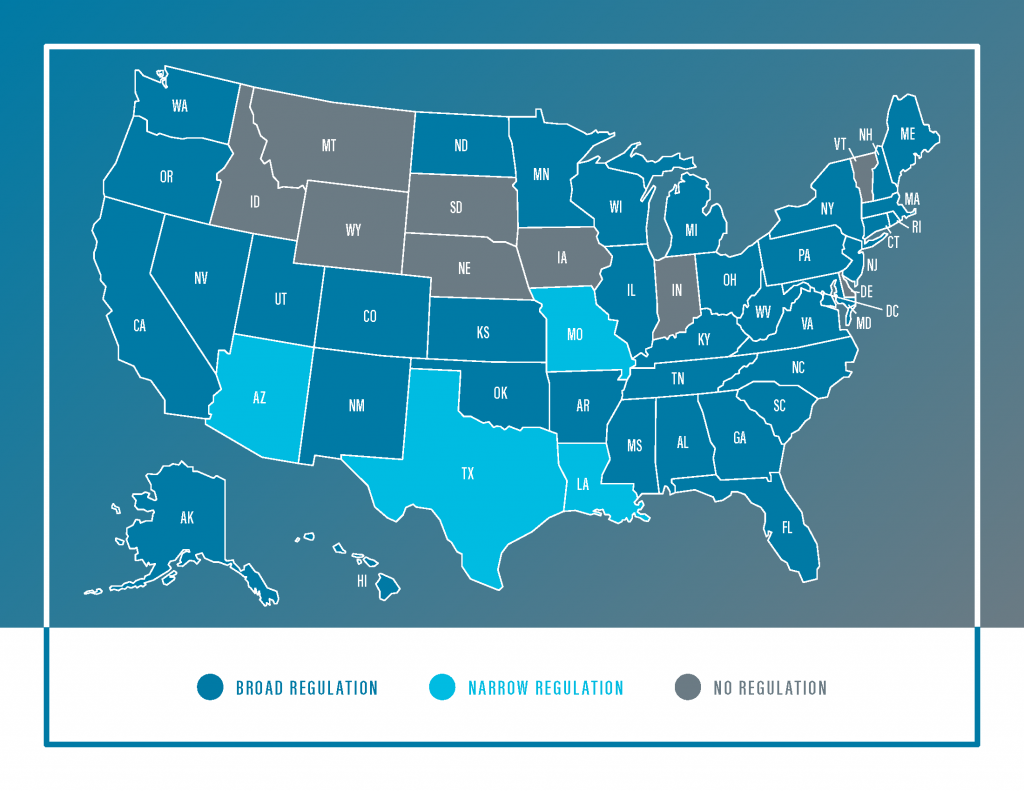9 Tenets of Fiduciary Duty as a Board Member
Fiduciary duties, as codified in state law, board bylaws, and common practice, are quite simply a set of rules to ensure that boards are run effectively, lawfully, and with the best interests of their mission in mind. Here, we’ll look beyond the legal jargon to distill the legal and ethical responsibilities of board members to oversee the management of and ensure accountability to your nonprofit organization.

